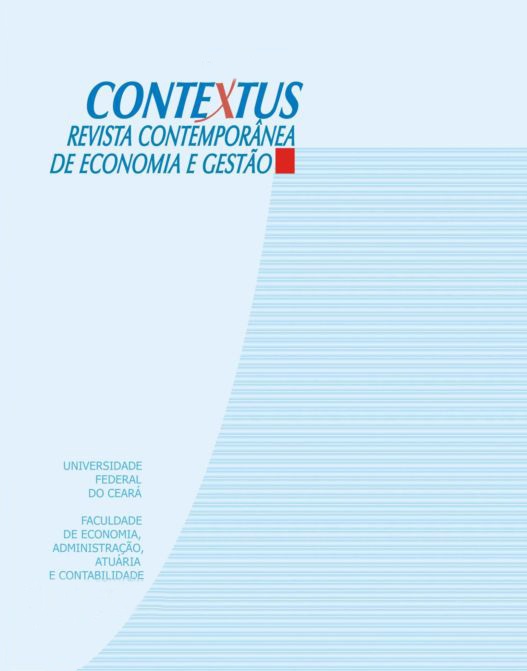CONTRIBUTIONS SENT TO THE IASB/FASB CONCERNING THE REVISION OF THE DRAFT REVENUE RECOGNITION
DOI:
https://doi.org/10.19094/contextus.v12i3.508Keywords:
Regulation economy. Competition among interest groups theory. Accounting regulation. Accounting theory.Abstract
This study aimed to investigate how the influencers incentives of companies‟ contributions sent to the IASB / FASB, concerning the Revised Exposure Draft revenue recognition, are related to theories of regulation already developed within the theory of accounting. The research was conducted through content analysis, in which demands were identified within the said draft. The arguments that promoted the expression of different interest groups were analyze. It was used a sample of 30 private companies, representatives of the most active geographic regions in the world. The results demonstrated that there is a relation between the incentives of firms and the theory of competition among interest groups. In addition, there are also strong complaints by firms about the excess of information required by regulators, finding support in the theoretical concept of over production. Many of the arguments made by companies occur because the regulators do not provide a specific accounting theory underlying the proposed operational procedure.Downloads
Published
How to Cite
Issue
Section
License
The authors, while doing the submission, accept the notice below:
We authors hold the copyright related to our paper and transfer Contextus journal the right for the first publication with a Creative Commons’ international license of the modality Attribution – Non-commercial 4.0, which in turn allows the paper to be shared providing that both the authorship and the journal’s right for initial release are acknowledged.
Furthermore, we are aware of our permission to take part in additional contracts independently for non-exclusive distribution of the version of our work published in this journal (e.g. publishing it in an institutional repository or as a book chapter), while acknowledging both the authorship and the journal’s initial publication.
We also certify that the paper is original and up to this date has not been released in any other journal, Brazilian or of another nationality, either in Portuguese or another language, as well as it has not been sent for simultaneous publication in other journals.
Last, we not only know that plagiarism is not tolerated by Contextus but also certify the paper presents the sources of passages from cited works, including those authored by ourselves.









3.png)


1.jpg)



1.jpg)


1.jpg)






.jpg)



1.jpg)

1.jpg)


1.jpg)

1.jpg)
1.jpg)
2.png)




1.jpg)
2.jpg)

1.jpg)





1.jpg)


1.jpg)
1.jpg)
